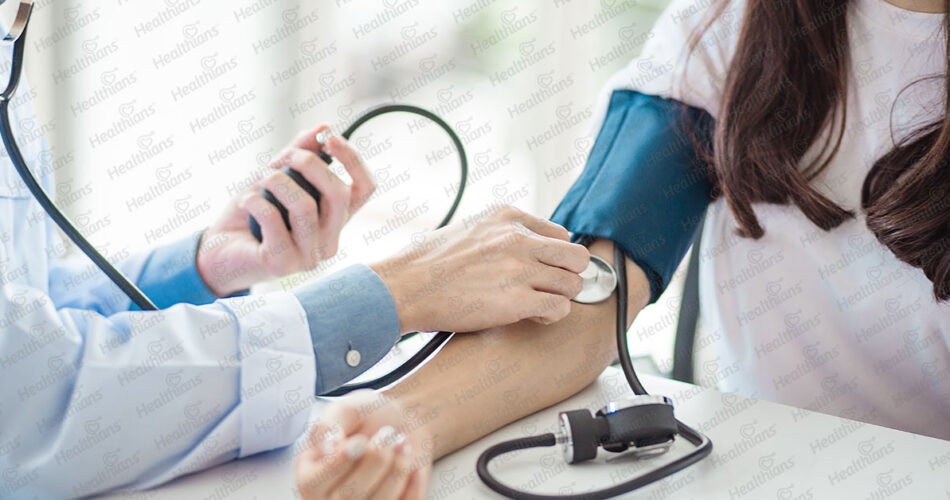When it comes to good health, every metric matters. From blood glucose to pulse and blood pressure, everything. Frankly, there is no shortage of terms and tests that may seem a bit overwhelming. But just know they are essential for wellbeing.
One such test is blood pressure. If you have never tested blood pressure, you may have seen a machine consisting of a cuff in the doctor’s office or pharmacy.
Blood pressure is a significant metric that reveals a lot about your heart health. So, let’s discuss this in detail. We will be diving into the basics of blood pressure testing and make it as clear as a sunny day!
What’s blood pressure?
Blood pressure is like the heartbeat of your circulatory system. It measures the force of blood against the walls of your arteries as your heart pumps it around your body. Imagine it as the rhythm of your body’s life song. Blood pressure is typically expressed as two numbers: systolic (the top number) and diastolic (the bottom number).
Systolic and diastolic: The dynamic duo
Systolic and diastolic pressures are the dynamic duo that tell us about your blood flow. Systolic pressure represents the force when your heart is beating, while diastolic pressure is the force when it’s at rest. Together, they give us the complete picture of your blood pressure.
What’s normal blood pressure?
Now, let’s talk about the normal zone of blood pressure. Normal blood pressure typically reads around 120/80 mm Hg. However, these numbers can vary based on your age, sex, and overall health. Your healthcare provider can help you determine what’s ‘just right’ for you.
The blood pressure cuff: How does it work?
So, you’re sitting there with a cuff around your arm, but what’s it doing? It’s going to measure your blood pressure. When it inflates, it temporarily stops the blood flow to your arm. Then, it slowly releases the pressure, allowing the blood to flow again. The machine listens for the sounds of blood flowing through your arteries. It records the two important numbers when these sounds start and stop.
Taking a blood pressure reading
When you get your blood pressure taken, here’s what happens:
- You’ll sit comfortably in a chair with your feet flat on the floor.
- The cuff will be placed around your upper arm, aligning with your heart.
- The cuff will inflate, squeezing your arm.
- You’ll feel a bit of pressure, but it shouldn’t hurt.
- The machine will measure your blood pressure and display the results.
Why does blood pressure matter?
Blood pressure is essential because it is the pressure at which blood flows. If your blood pressure is too high (hypertension), it can strain your heart and arteries over time, leading to serious health problems. On the other hand, if it’s too low, it may not provide your organs with enough oxygen and nutrients.
Risk factors for high blood pressure
Some factors can increase your risk of high blood pressure, including:
Family history:
If hypertension runs in your family, you might be at higher risk.
Age:
Blood pressure tends to increase with age.
Lifestyle:
Poor eating habits, lack of exercise, and high-stress levels can contribute.
Other conditions:
Conditions like diabetes or kidney disease can affect your blood pressure.
Monitoring your blood pressure
Regular blood pressure monitoring is crucial. If you have high blood pressure, your healthcare provider may recommend medication, lifestyle changes, or both to manage it. Keeping it in check helps reduce the risk of complications like heart disease, stroke, and kidney problems.
Closing thoughts: Don’t let blood pressure get you down
In a nutshell, understanding blood pressure is like knowing the rhythm of your body’s heartbeat. It’s a vital sign that can reveal a lot about your health. So, don’t shy away from that cuff – embrace it as your heart’s best friend! Regular check-ups and a healthy lifestyle can help keep your blood pressure in the happy zone and your body humming along to the sweet melody of good health. Remember, you’ve got the power to be the maestro of your own health!




